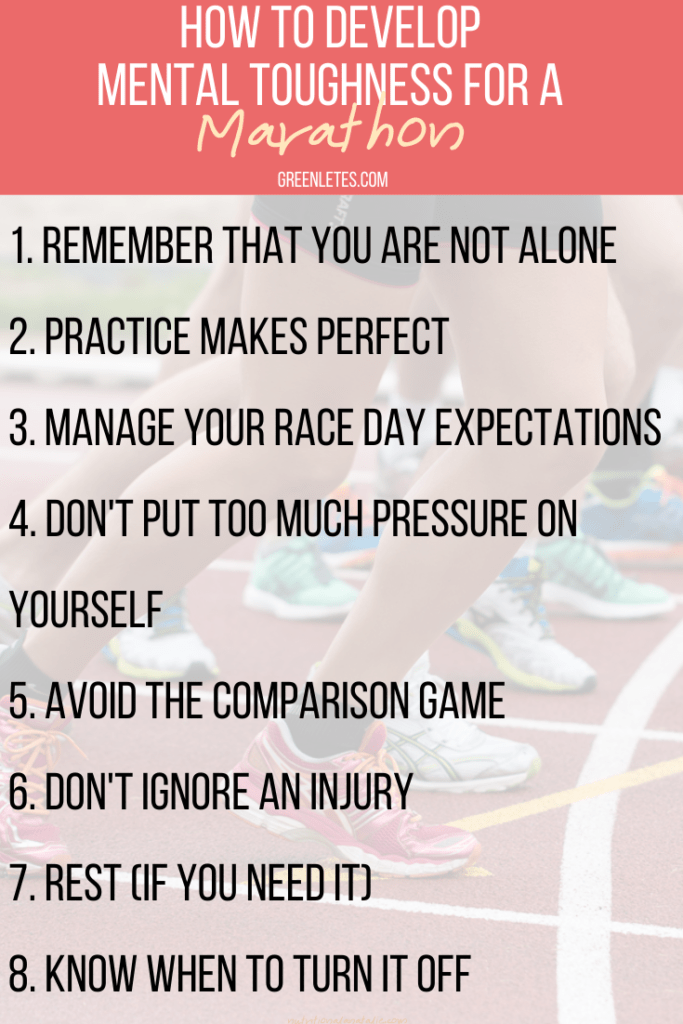You’re eager to take your performance to the next level, whether it’s in sports, academics, or any other aspect of your life. The key to unlocking your potential lies in strengthening your mental game. But how can you achieve this through practice? By dedicating focused time to train your mind, honing techniques such as visualization, positive self-talk, and mindfulness, you can cultivate a resilient and confident mindset that will enhance your performance in any field. In this article, we’ll explore practical strategies and exercises that can help you improve your mental game and achieve your goals. It’s time to unleash your true potential and elevate your performance through the power of the mind.
Setting Goals
Setting goals is an essential aspect of improving your mental game. By identifying areas of improvement, you can focus your efforts on specific aspects that will enhance your overall performance. Whether it’s improving concentration, building resilience, or managing stress, setting clear and measurable goals is crucial.
To ensure your goals are realistic and achievable, it’s essential to set goals that are within your control and align with your abilities. For example, rather than setting a goal to win every game, you may set a goal to maintain consistent focus throughout each match or to improve your decision-making skills on the field. By breaking down larger goals into smaller, manageable steps, you can track your progress more effectively and stay motivated along the way.
Developing a Routine
Creating a routine is key to developing and maintaining a strong mental game. By establishing a consistent practice schedule, you create a sense of structure and discipline in your training. This not only helps you stay focused and committed but also allows you to make the most of your practice time.
In addition to physical exercises, incorporating mental exercises into your routine can greatly enhance your mental game. Techniques such as visualization and mindfulness exercises can help improve focus, boost confidence, and reduce anxiety. By dedicating time specifically to mental training, you strengthen your overall mental resilience and enhance your performance on and off the field.
It’s important to note that rest and recovery are equally crucial components of a comprehensive routine. Allowing yourself time to recharge physically and mentally ensures that you can perform at your best when it matters most. Incorporating rest days into your schedule and engaging in activities outside of your sport can help prevent burnout and foster long-term success.
Visualizing Success
Visualization is a powerful tool for improving your mental game. By utilizing imagery techniques, you can vividly imagine yourself successfully executing skills, achieving goals, and performing at your best. This mental rehearsal enables you to create a positive and confident mindset, which directly translates to improved performance on the field.
During visualization, it’s recommended to engage as many senses as possible. Imagine the sights, sounds, and feelings associated with your desired outcomes. This deep immersion in the visualization process enhances the brain’s ability to activate the neural pathways associated with successful performance, making it more likely to occur in reality.
Alongside imagery techniques, incorporating positive affirmations can amplify the effects of visualization. Repeating positive statements such as “I am strong and capable” or “I am confident in my abilities” during visualization reinforces positive beliefs and boosts self-confidence.
Building Resilience
Developing resilience is vital for navigating challenges and overcoming setbacks in sports and in life. When things don’t go as planned, it’s crucial to have strategies in place to cope with these obstacles effectively.
One key aspect of building resilience is maintaining a positive mindset, even in the face of challenges. Instead of viewing setbacks as failures, reframe them as opportunities for growth and learning. By reflecting on your mistakes and understanding what went wrong, you can make necessary adjustments and improve for future performances.
It’s also essential to develop strategies for managing stress and staying focused during high-pressure situations. Techniques such as deep breathing, meditation, or utilizing pre-performance routines can help regulate stress levels and enhance overall performance.

Fostering Confidence
Confidence plays a significant role in any athlete’s mental game. By celebrating small achievements along the way, you build a foundation of self-belief and motivation. Recognizing and acknowledging your progress, no matter how small, fuels your confidence and reinforces positive habits and skills.
Regularly reviewing and reflecting on your progress is another powerful tool for fostering confidence. By tracking your improvements, setting new goals, and identifying areas of growth, you boost your self-belief and motivate yourself for future success. Engaging in positive self-talk and surrounding yourself with a supportive network of teammates, coaches, and friends further builds and nourishes your confidence.
Practicing self-compassion is crucial in maintaining confidence. Remember that everyone has bad days or makes mistakes. Being kind and understanding towards yourself allows you to bounce back from setbacks and maintain a positive mindset.
Managing Stress and Anxiety
Stress and anxiety can significantly impact your mental game. Learning to manage these emotions is essential for optimal performance.
Implementing relaxation techniques, such as deep breathing exercises or meditation, can help regulate stress levels and promote a calm mindset. Taking a few moments to focus on your breath or engage in mindfulness exercises before practices or competitions can significantly reduce anxiety.
Creating a pre-practice or pre-performance routine is another effective way to minimize anxiety. By establishing a familiar and comforting routine, you create a sense of stability and control. This routine can include warm-up exercises, visualization, or any activity that helps you feel mentally and physically prepared.
Remember, seeking professional help is always an option. If stress and anxiety are significantly impacting your performance, considering the support of a sports psychologist or mental health professional can provide valuable tools and guidance.

Improving Concentration
Concentration is crucial for optimal performance in sports. By practicing mindfulness exercises, you train your mind to stay present and focused during practices and competitions. Techniques such as focusing on your breath, noticing sensations in your body, or intentionally paying attention to your surroundings can enhance your ability to concentrate.
Eliminating distractions during practice is essential for improving concentration. Whether it’s turning off your phone or finding a quiet space to train, minimizing external disturbances allows you to fully immerse yourself in the task at hand.
Developing mental strategies, such as positive self-talk or imagery techniques, can also help sustain concentration during challenging moments. By consciously redirecting your thoughts back to the present moment and your desired outcomes, you increase your resilience against distractions and improve your overall performance.
Analyzing and Adjusting
Regularly assessing your performance and identifying areas for improvement is an important step in developing your mental game. Seeking feedback from coaches, mentors, or trusted individuals can provide valuable insights and perspectives. They can help you identify blind spots and offer suggestions to enhance your mental performance.
Based on the feedback received, it’s essential to make necessary adjustments to your practice methods or strategies. Identifying areas of weakness and developing specific action plans to address these areas will contribute to overall growth and improvement.
Remember, self-reflection is equally significant. Take time to evaluate your performance independently and identify areas for personal growth. This self-analysis will enable you to take ownership of your mental game and implement changes that align with your specific needs and goals.

Developing Mental Toughness
Developing mental toughness is a crucial aspect of improving your mental game. It involves pushing through discomfort, fatigue, and adversity during practice and competitions. Mental toughness enables you to embrace challenges, face them head-on, and maintain focus and resilience.
Challenging limiting beliefs and self-doubt is essential in cultivating mental toughness. By recognizing and reframing negative thoughts, you empower yourself to push beyond perceived limitations and achieve greater success.
Embracing pressure is another important aspect of mental toughness. Instead of viewing pressure as a burden, reframe it as motivation and an opportunity to showcase your skills and abilities. Positive self-talk and visualization techniques can help reinforce this mindset and help you thrive in high-pressure situations.
Creating a Supportive Environment
Creating a supportive environment is crucial for nurturing your mental game. Surrounding yourself with positive and like-minded individuals can enhance motivation and inspiration. Engaging with teammates, coaches, and friends who share similar goals and values provides a strong support system and encourages personal growth.
Seeking support from friends, family, or professionals is important during challenging times. Whether it’s talking through hurdles or seeking guidance, having trusted individuals who are there to listen and offer support can positively impact your mental game.
Building a strong support network involves fostering open communication, embracing diversity, and cultivating a culture of growth and resilience. By surrounding yourself with individuals who genuinely believe in your potential, you create an environment that fosters both individual and collective success.
In conclusion, improving your mental game requires commitment and consistency. By setting clear goals, developing a routine, visualizing success, building resilience, fostering confidence, managing stress, improving concentration, analyzing and adjusting, developing mental toughness, and creating a supportive environment, you can elevate your mental game and enhance your overall performance. Remember, it’s a journey, and continuous practice and dedication will yield remarkable results in the long run.







